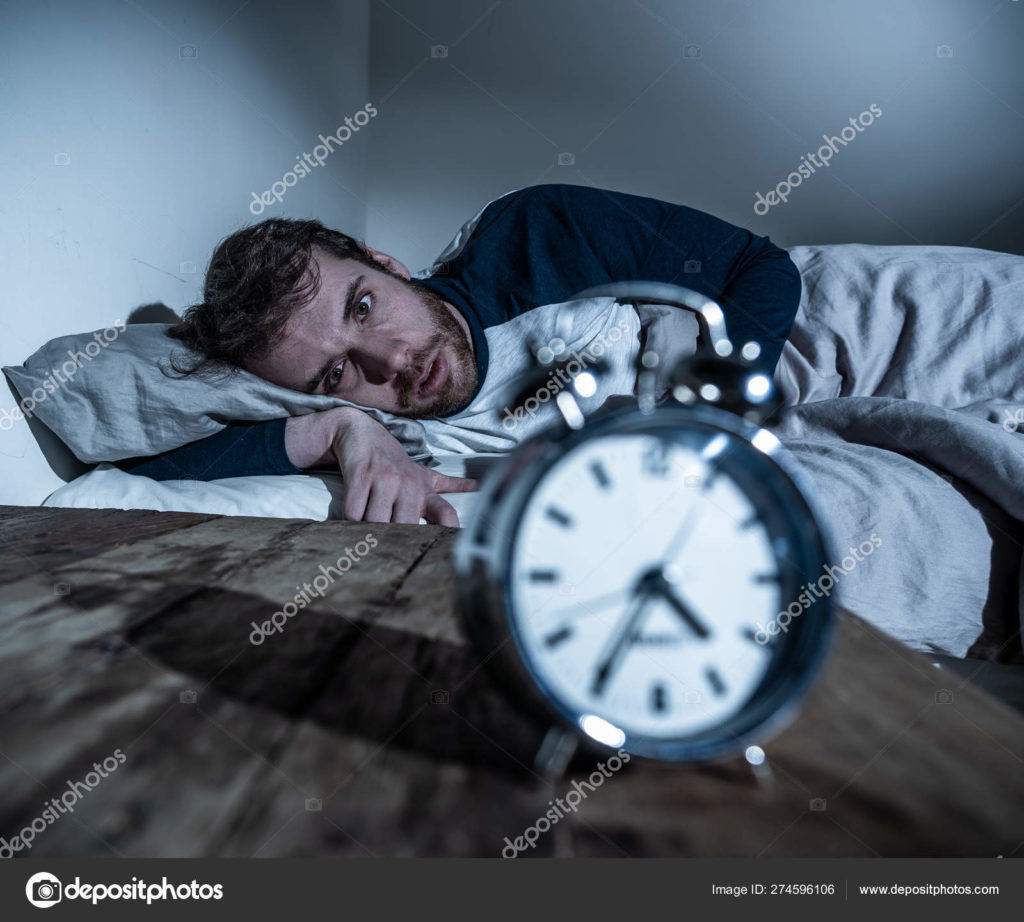
Diagnosed with Cancer? Your two greatest challenges are understanding cancer and understanding possible side effects from chemo and radiation. Knowledge is Power!
Learn about conventional, complementary, and integrative therapies.
Dealing with treatment side effects? Learn about evidence-based therapies to alleviate your symptoms.
Click the orange button to the right to learn more.
- You are here:
- Home »
- Blog »
- side effects ID and prevention »
- Insomnia- Acupuncture, Chamomile
Insomnia- Acupuncture, Chamomile

Insomnia is a problem for the cancer patient. Sleep is like nutrition and hydration when you are undergoing chemotherapy and radiation. You need a lot of it. My point is that sleep difficulties are everywhere yet are rarely taken seriously.
Moreover, the only therapies offered by conventional medicine are often fraught with side effects. The solution? According to the research linked and excerpted below, acupuncture and chamomile. These are two of the many possible therapies according to the research linked and excerpted below.
While healing from cancer is certainly the priority of all cancer patients, it is important to understand your risk of short, long-term and late stage side effects that come with chemotherapy and radiation.
I am mentioning this because Acupuncture not only helps insomnia but can also help you manage pain, nerve damage, joint damage (AVN) and a host of other side effects.
If you are a newly diagnosed cancer patient struggling with chemo and insomnia, you are probably not thinking about long-term side effects. As a long-term survivor myself, I want to stress how difficult side effects will be to you in the long run.
My advice? Get in the habit of having a cup of camomile before bed every night. Schedule a weekly acupuncture appointment now.
While we are talking about evidence-based, non-conventional sleep therapies, let me plug two other therapies that I undergo once or twice a week myself.
Melatonin- I take a tiny dose when I do take melatonin- 300 micrograms. No need to mega dose in my experience.
CBD oil-I put a small amount of Charlotte’s Web CBD oil under my tongue when I want to have a good night’s sleep. No THC as I don’t want to get high.
If you are a cancer patients- before, during or after active therapies, remember that it is the small things that can make a big different in your overall survival- nutrition, sleep, exercise, etc.
My experience is that conventional oncology overlooks the low tech therapies in favor of the high tech stuff. Remember the low tech stuff too.
Are you struggling with insomnia? Scroll down the page, post a question or a comment and I will reply to you ASAP.
Hang in there,
David Emerson
- Cancer Surivivor
- Cancer Coach
- Director PeopleBeatingCancer
Insomnia Increases risk of cardiovascular disease-
Acupuncture and Moxibustion for Insomnia Relief in Cancer Patients
“Approximately 50% of patients with cancer struggle with persistent insomnia, with a predominance of cases observed among women.1 Along with its negative effect on sleep, cancer-related insomnia is associated with reduced compliance with anticancer treatments, impaired functional status and quality of life, and increased financial difficulties.1..
When performed under experienced hands, these therapies are generally safe and effective in treating patients with cancer-related insomnia,” including for patients undergoing multiple types of cancer treatments…
“Some studies suggest that these therapies are just as effective, if not more effective, than conventional medicine, and they also recommend these therapies over conventional medicine because there are no reported long-term adverse effects…”
Dr Tian told Oncology Nurse Advisor that she and her colleagues have observed patient benefits with acupuncture and electroacupuncture for the relief of cancer-related insomnia as well as cancer-related
- pain,
- neuropathy,
- fatigue,
- hot flashes,
- nausea,
- depression, and
- anxiety…
…A 2017 study, for example, compared electroacupuncture to gabapentin in 58 breast cancer survivors with sleep disturbances associated with hot flashes.4 After an 8-week treatment period, the electroacupuncture group showed a greater mean reduction in Pittsburgh Sleep Quality Index (PSQI) scores compared with the gabapentin group (-2.6 vs -0.8; P =.044), as well as improved sleep latency”
Another trial demonstrated improvement in PSQI scores in patients receiving moxibustion as an add-on to conventional care compared with those receiving conventional care only.1
In their meta-analysis of 12 studies (997 patients) that used PSQI scores to evaluate outcomes, Wang and colleagues observed greater efficacy of moxibustion and/or acupuncture compared with conventional medicine and sham treatment in the management of cancer-related insomnia…1
Therapeutic efficacy and safety of chamomile for state anxiety, generalized anxiety disorder, insomnia, and sleep quality: A systematic review and meta-analysis of randomized trials and quasi-randomized trials
“This systematic review and meta-analysis aimed to study the efficacy and safety of chamomile for the treatment of
- state anxiety,
- generalized anxiety disorders (GADs),
- sleep quality,
- and insomnia in human.
Eleven databases including PubMed, Science Direct, Cochrane Central, and Scopus were searched to retrieve relevant randomized control trials (RCTs), and 12 RCTs were included.
Random effect meta-analysis was performed by meta package of R statistical software version 3.4.3 and RevMan version 5.3. Our meta-analysis of three RCTs did not show any difference in case of anxiety…
By using HAM-A scale, there was a significant improvement in GAD after 2 and 4 weeks of treatment…
Noteworthy, our meta-analysis showed a significant improvement in sleep quality after chamomile administration. Mild adverse events were only reported by three RCTs.
Chamomile appears to be efficacious and safe for sleep quality and GAD. Little evidence is there to show its effect on anxiety and insomnia. Larger RCTs are needed to ascertain these findings…”

